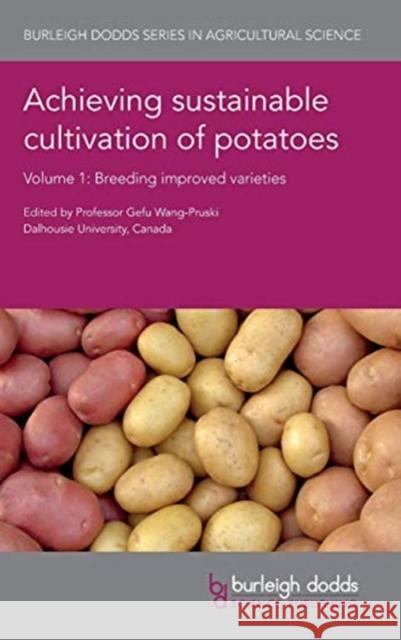Achieving Sustainable Cultivation of Potatoes Volume 1: Breeding Improved Varieties » książka
topmenu
Achieving Sustainable Cultivation of Potatoes Volume 1: Breeding Improved Varieties
ISBN-13: 9781786761002 / Angielski / Twarda / 2018 / 322 str.
Potatoes are one of the world's key food crops. Their nutritional value, and the fact that they can be grown with relatively few inputs in a wide range of environments, makes them an important food security crop. However, yields in developing countries are held back by factors such as poor cultivation practices and the impact of pests and diseases, whilst more intensive systems need to become more 'climate smart' to minimise environmental impact and adapt to climate change.
This volume reviews developments in breeding, sensory and nutritional quality as well as the challenges facing potato cultivation in particular regions. Part 1 assesses recent research on plant physiology and genetic diversity and their implications for conventional, hybrid and marker-assisted breeding, as well as breeding varieties with desirable traits such as stress resistance. The book also looks at ways of enhancing nutritional properties before concluding back looking at ways of supporting smallholders in regions such as Africa and Latin America. With its distinguished editor and international team of expert authors, this will be a standard reference for potato scientists, growers, government and non-government agencies supporting potato cultivation. Volume 2 looks at production and storage, diseases and sustainability.










